Application Deadline: 28 February 2025
The Green Tourism Incentive Programme (GTIP), managed by the Department of Tourism, aims to empower privately-owned tourism enterprises to adopt environmentally sustainable practices. This initiative provides support to tourism businesses to reduce their energy and water consumption, thus lowering operational costs and minimizing environmental impacts. The programme is part of South Africa’s broader commitment to responsible tourism and sustainable development within the sector.
Focus Areas for Energy and Water Efficiency
The GTIP focuses on sustainable solutions across various energy and water efficiency categories. Eligible projects include:
- Renewable Energy Systems: Installation of solar and wind energy systems, where appropriate, to generate renewable power.
- Energy and Water Efficient Equipment: Upgrades such as solar water heaters, heat pumps, and efficient HVAC systems to reduce energy demand.
- Efficient Lighting: Implementation of solar-powered and LED lighting to minimize energy usage.
- Advanced Metering Devices: Use of online metering and sub-metering devices, with subscription support, to track and optimize energy and water use.
- High-Efficiency Appliances: Appliances like washing machines and dishwashers designed to use less water and energy.
- Water Efficiency Systems: Installation of dual-flush toilets, aerated taps, efficient shower heads, and waterless urinals.
- Water Sourcing Solutions: Adoption of rainwater harvesting systems and greywater recycling to conserve water resources.
- Resource Management Policies: Initiatives for guest and staff awareness, along with policies for linen and towel reuse, to support resource conservation.
- Other Efficiency Solutions: Efficient devices such as gas stoves, solar cookers, pool pumps, and other systems to reduce energy and water usage.
Note that large-scale projects such as boreholes and desalination plants are excluded from GTIP funding.
Programme Structure and Financial Support
The GTIP provides comprehensive support, including covering the full cost for a new resource efficiency audit or review of an existing audit. Here’s a breakdown of how the programme works:
- Resource Efficiency Audit: GTIP assigns an assessor from its approved panel to conduct an energy and water efficiency audit. This assessment helps determine the most suitable solutions for the establishment.
- Sliding Scale Grant Funding: GTIP offers a grant covering 50% to 90% of the project cost for approved efficiency solutions, capped at R1 million. The grant percentage varies based on the project’s specifics, with applicants responsible for the balance, which they can fund through their own resources or reputable institutions like the Industrial Development Corporation (IDC).
- VAT Requirements: For VAT-registered enterprises, the grant excludes the VAT portion, as these businesses can reclaim VAT. Non-VAT registered enterprises receive the full VAT portion covered by GTIP. However, if they later register for VAT and claim these costs, they are expected to repay the VAT to GTIP.
Application Process: Two Phases
GTIP’s application process consists of two key phases:
- Phase 1: Conducting an energy and water efficiency audit, leading to the identification of viable solutions.
- Phase 2: Application for funding to implement these solutions once the audit is complete.
Eligibility Criteria
To be eligible, applicants must meet specific requirements:
- Applicant Profile:
- The business must be a privately-owned, tourism-specific establishment directly catering to tourists. Suppliers or intermediaries are not eligible.
- For new establishments, applications must demonstrate advanced project development with minimal delay and completion risk. This includes a detailed business plan, full funding, implementation plans, approved building plans, and relevant certifications.
- Applicants must fall under Exempt Micro Enterprises (EMEs, with revenue below R5 million) or Qualifying Small Enterprises (QSEs, with revenue between R5 million and R45 million) according to the Tourism Broad-Based Black Economic Empowerment (B-BBEE) Scorecard.
- Resource Efficiency Commitment:
- Businesses must commit to a resource efficiency audit conducted by a GTIP-assigned assessor.
- Applicants must supply 12 months of historical energy and water usage data and occupancy records to aid in the audit.
- A commitment to obtaining three quotations from qualified service providers/installers is required once solutions are identified.
- Documentation Requirements:
- The application must include a completed form, business registration details, a valid tax compliance PIN, and the latest annual financial statements.
GTIP is a crucial resource for tourism businesses looking to improve their sustainability practices and reduce costs while contributing to South Africa’s environmental goals. Interested parties can apply or learn more through the Industrial Development Corporation.



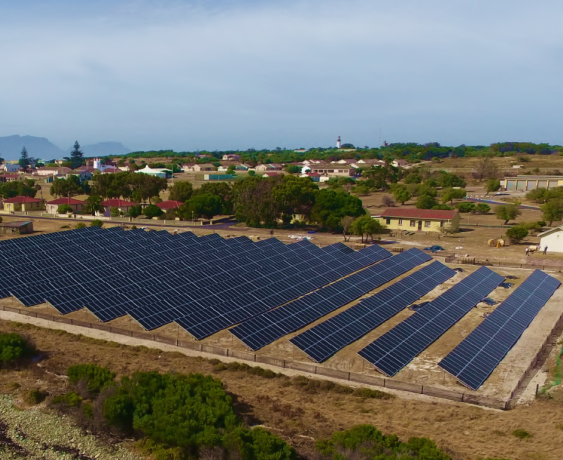
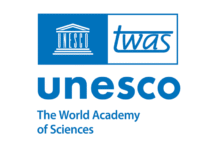

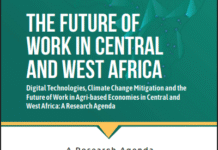
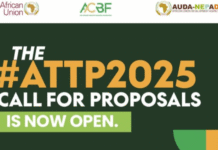



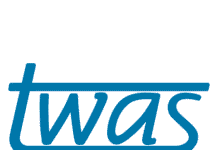




 The African Research (AR) Index is a comprehensive scholarly directory and database focused explicitly on journal publishers that publish and disseminate African research.
The African Research (AR) Index is a comprehensive scholarly directory and database focused explicitly on journal publishers that publish and disseminate African research.

